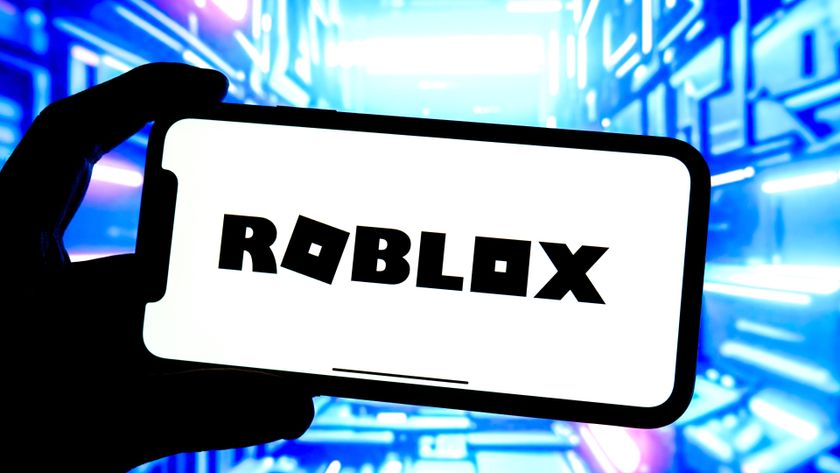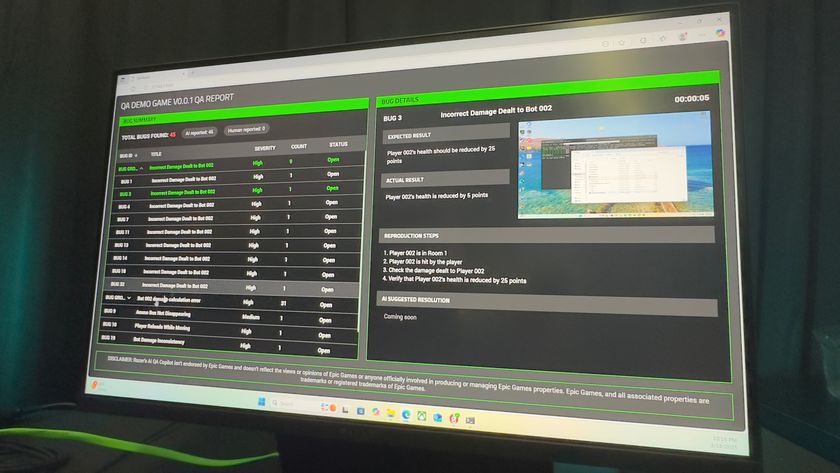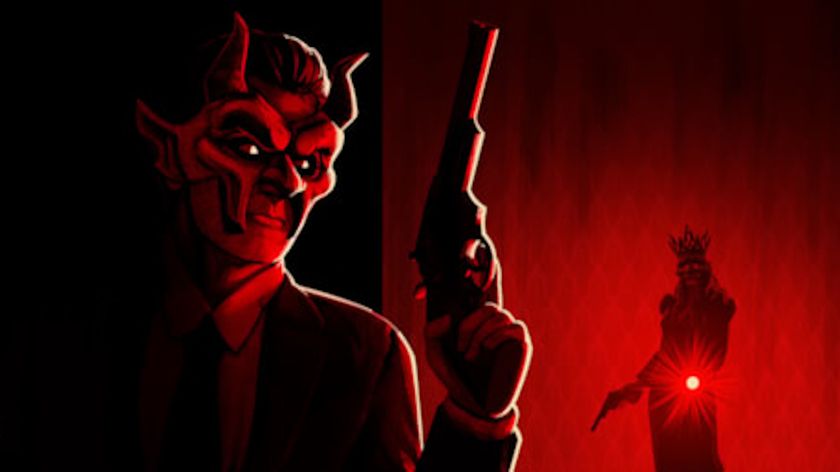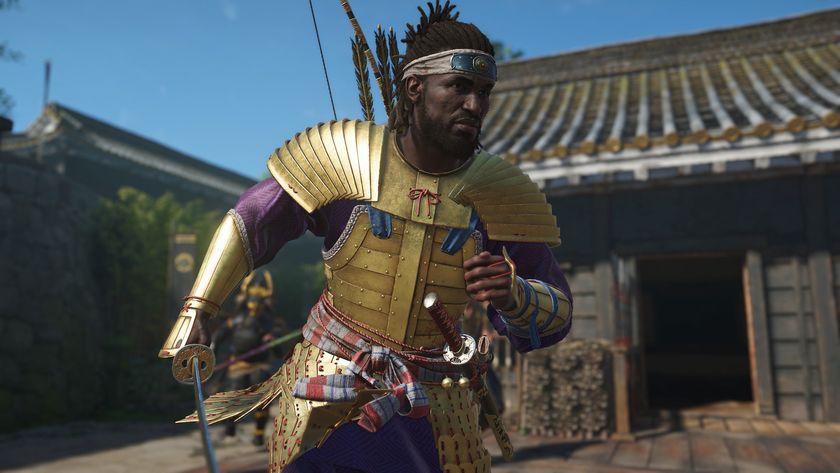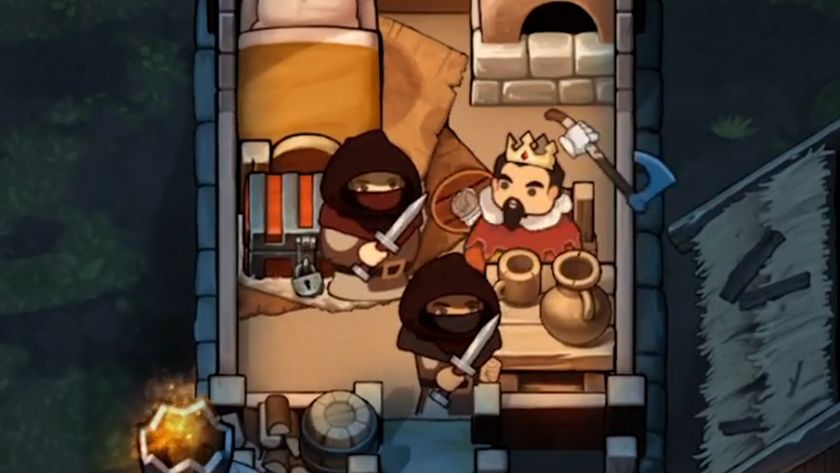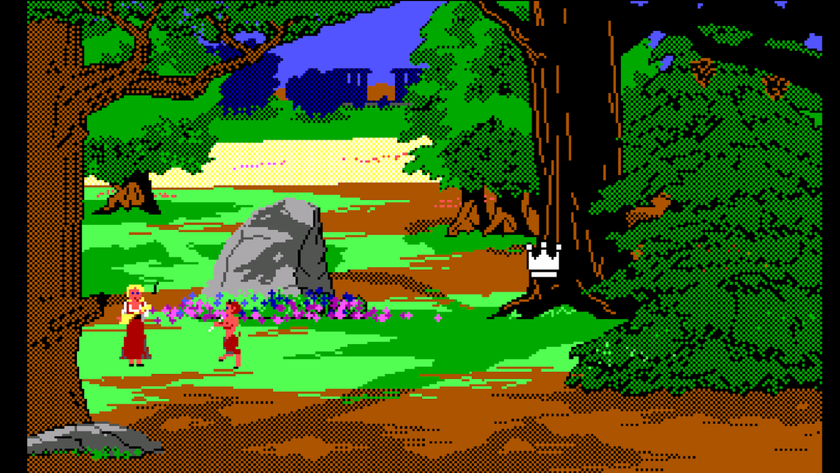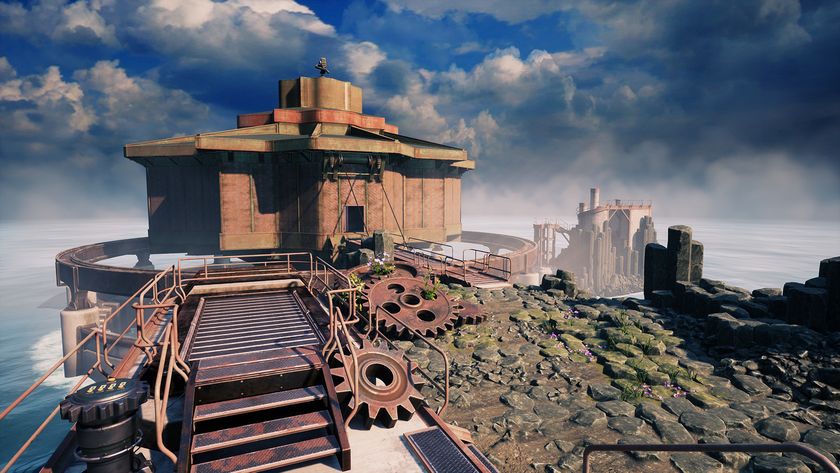Nicehash was hacked, potentially for as much as $60 million in Bitcoin
That's one more reason Steam might not like dealing with Bitcoin.

Earlier today, Steam announced that it would no longer be accepting Bitcoin as a form of payment, as the transaction fees had become too great. With Bitcoin having broken the $10,000 mark, and currently sitting at $13,400 (and rising), there's a lot of money at stake. The market cap for Bitcoin is over $225 billion at present, and while many suspect the cryptocurrency is experiencing a bubble, that's a big target for hackers and the like.
I talked yesterday about the potential for GPU prices to go up, as even though Bitcoin can't be (effectively) mined with graphics cards, there are hundreds of alternative cryptocurrencies that can be, and services like Nicehash allow people to lease hashing power on their GPUs and get paid directly in Bitcoin. If you were using the service, I have bad news (with maybe a bit of a silver lining).
After a 12-hour service outage for 'maintenance,' Nicehash just announced that last night it fell victim to a security breach. It has halted all services for the next 24 hours while it investigates, but thanks to the public blockchain, there's speculation that Nicehash may have lost upward of 4,700 BTC, presently worth more than $63 million USD. Nicehash says it's working with authorities, but past Bitcoin thefts haven't generally ended well (RIP, MtGox and various other sites). And if you used Nicehash, you should also change any passwords that were the same as your Nicehash credentials.
What's the potential silver lining on this ominous cloud? For gamers, miners that used Nicehash probably won't be investing in more GPUs for the short-term. But that's only a fraction of all miners, GPU or otherwise—most larger mining farms likely have their own system in place to maximize profits. Whatever happens, just be warned that cryptocurrencies are a lot like a digital Wild West.
The biggest gaming news, reviews and hardware deals
Keep up to date with the most important stories and the best deals, as picked by the PC Gamer team.
Jarred's love of computers dates back to the dark ages when his dad brought home a DOS 2.3 PC and he left his C-64 behind. He eventually built his first custom PC in 1990 with a 286 12MHz, only to discover it was already woefully outdated when Wing Commander was released a few months later. He holds a BS in Computer Science from Brigham Young University and has been working as a tech journalist since 2004, writing for AnandTech, Maximum PC, and PC Gamer. From the first S3 Virge '3D decelerators' to today's GPUs, Jarred keeps up with all the latest graphics trends and is the one to ask about game performance.
